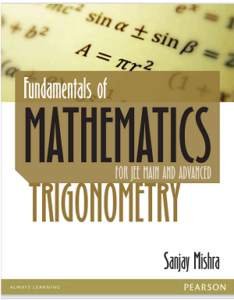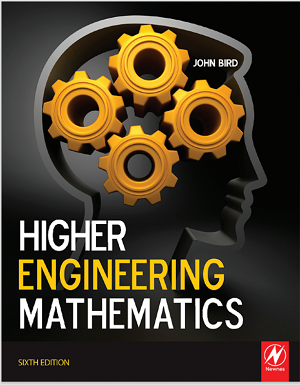Description
It is unfortunate that in our culture, mathematics, in general, is viewed unfavorably by a majority of well-educated people. Oftentimes they are proud to admit that they were not good students of mathematics in their school days. Admitting this weakness is almost like a badge of honor, which is rarely attributed to any other school subject. Despite its negative reputation, mathematics has contributed immensely to humanity’s shared knowledge of how the world works, and to the technological progress, which provides our lives with previously unforeseen advantages. Galileo Galilei stated that the book of nature is written in the language of mathematics, and, indeed, our understanding of nature through physics and other natural sciences is largely dependent on mathematics.1 However, both the formal system of mathematics and all of the mathematical results that have been achieved to the present day are often seen as independent of the world around us. In principle, the mathematical knowledge we have was primarily developed without any interaction with nature at all. Unlike biology, for instance, mathematics is not an empirical science. Part of what makes mathematics a truly fascinating subject is that it is the universal language of nature, but—at the same time—it is a system of logical conclusions that can be continuously developed in the absence of any observations of natural phenomena.
These intriguing, contradictory qualities of mathematics may initially puzzle those who are leery about the subject, but by exploring the history of its development, we can gain remarkable insights into mathematics’ nature.
With that in mind, we offer in Math Makers an overview of the history of mathematics, which we present through brief and exciting biographies of fifty of the most famous mathematicians, as well as clear investigations of some of their brilliant achievements.















Reviews
There are no reviews yet.